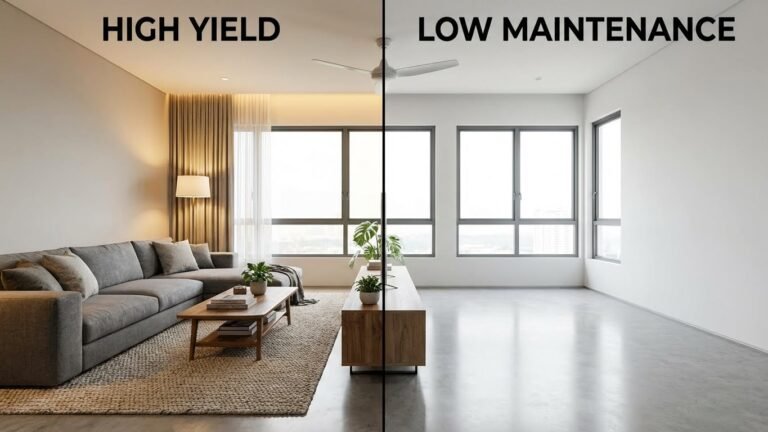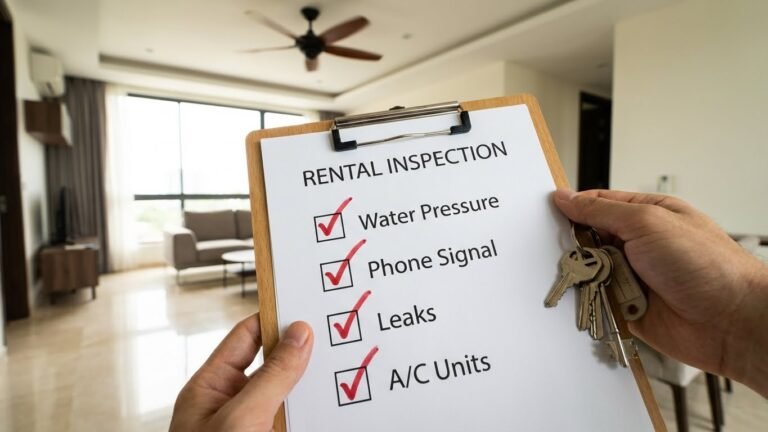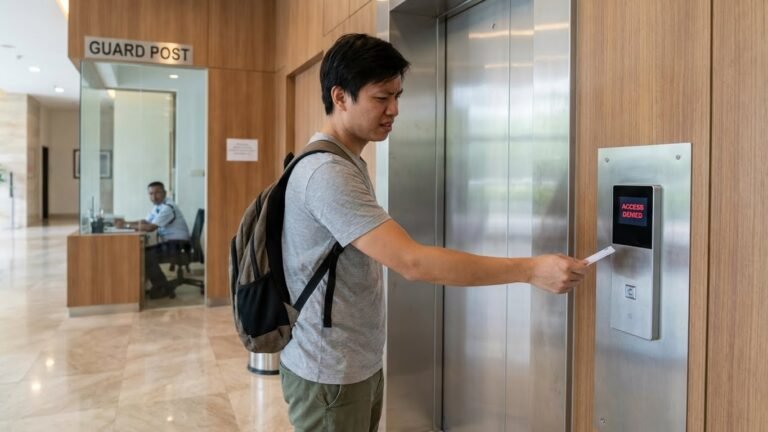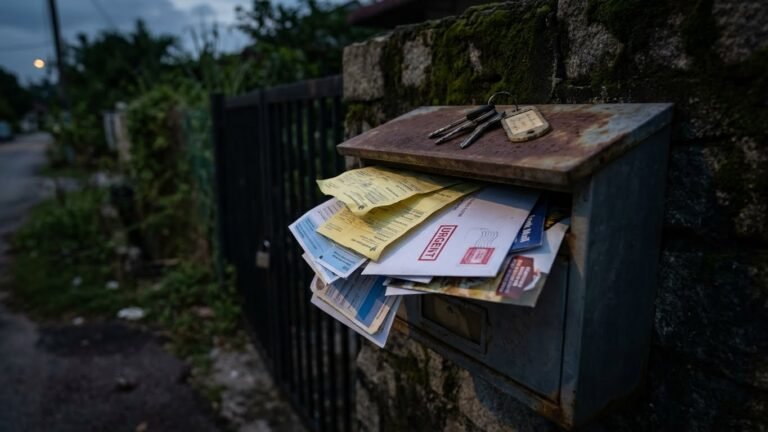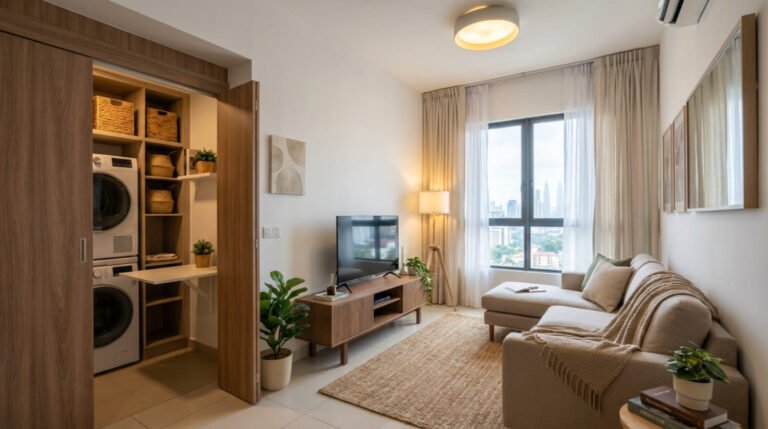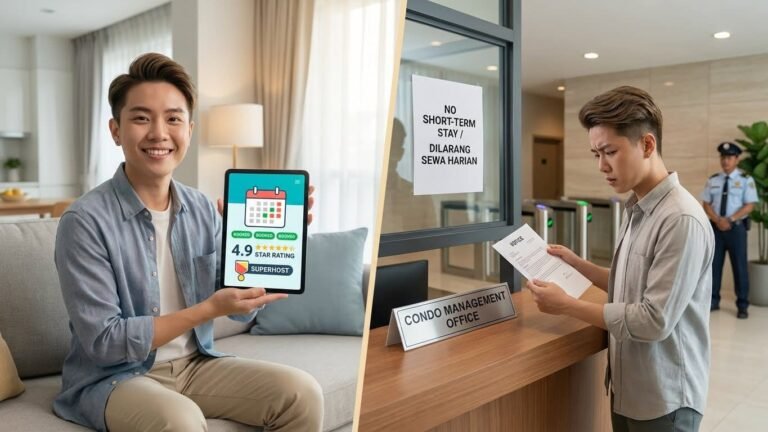Before You Sign Your Next Rental Agreement — 7 Things Malaysian Tenants Often Miss
For many Malaysians, renting a home seems straightforward: view the unit, pay the deposit, sign the agreement, move in. But most tenancy disputes don’t come from the house itself — they come from the agreement tenants didn’t read carefully.
If you’re about to renew your lease or move into a new place, here are seven important details that tenants often overlook, but later regret. Understanding these early can save you from surprise charges, unfair deductions, and unnecessary stress.
1. Deposit Terms That Aren’t Clearly Written
Most tenants only check the total deposit amount — but the details matter more.
Your agreement should clearly state:
- What can be deducted from the deposit
- How “fair wear and tear” is defined
- Whether the Security Deposit can be used for the last month’s rent
- How long the landlord has to refund the deposit
- What documents you must submit before the refund (e.g., final utility bills)
Many disputes happen simply because these rules were vague or missing.
Tip: If the agreement doesn’t explain the refund process or deduction rules, ask for it to be clarified in writing. A structured template — like our DIY Agreement pack — makes these conditions easy to understand.
2. Landlord’s Right of Entry
Many tenants assume the landlord must always ask permission before entering the property.
But legally, the entry rules depend entirely on your agreement.
Important details to check:
- How many hours of notice is required (12? 24? 48? Put it in black and white)
- Whether the landlord can enter for repairs, inspections, or viewings
- How often viewings are allowed during the final 30 days
- Whether the agreement gives the landlord unrestricted access (a red flag)
Misunderstandings here often lead to privacy complaints or unnecessary tension.
Tip: A fair agreement should require written notice and reasonable timing instead of sudden appearances at your doorstep.
3. Air-Conditioning and Appliance Responsibilities
Aircond issues are the #1 hidden cost for Malaysian tenants.
Check if your agreement states:
- Who pays for aircond servicing
- How often servicing is required
- Who pays if the aircond motor fails
- Whether the landlord replaces faulty appliances
- Who is responsible for leaks or clogged piping
A poorly written agreement can mean tenants end up paying for repairs that should be the landlord’s responsibility.
Tip: Tenant-friendly agreements (like DIYA’s) clearly separate day-to-day maintenance from major repairs, so you don’t get blamed for things beyond your control.
4. Pet Rules — Even If the Landlord Says “Okay”
Many tenants assume landlord approval is enough.
But in Malaysia, the JMB/MC can override the landlord.
Even if the landlord agrees to your cat or dog, the building management may still:
- Reject pets entirely
- Allow only indoor cats
- Impose breed or size restrictions
- Issue fines if rules are broken
Tenants often learn this the hard way.
Tip: Always confirm both landlord approval and building rules in writing before bringing a pet in.
5. Early Termination Policy
One of the biggest blind spots in Malaysian tenancy agreements.
Common surprises:
- Tenant owes the full remaining months of rent
- Notice does not cancel liability
- Deposit may be forfeited
- Tenant may need to find a replacement tenant
- No exceptions for job relocation or family emergencies
Tip: Look for a clear early termination clause that explains:
- How much notice is needed
- Whether compensation is required
- Whether exceptions apply for relocation or medical hardship
DIYA’s tenant-friendly agreement pack includes a balanced break clause that protects you from unfair losses.
6. Short-Term Rental and Subletting Rules
Even if you never plan to list the property on Airbnb, the clause still matters.
Why? Because:
- Letting a friend stay for a week might be considered subletting
- Allowing a relative to move in may breach occupancy rules
- Some landlords terminate the tenancy immediately if this clause is broken
- JMB rules can be strict about guest access and safety
Tip: Know the boundaries. “Guests staying over” and “subletting” are not the same—but your agreement must make this clear.
7. Renewal Terms and Rent Adjustments
Tenants often overlook renewal terms until it’s too late.
Check:
- When you must request renewal (30 days? 60? 90?)
- Whether you have first right of renewal (very important)
- How much the rent can increase
- What happens if the landlord doesn’t reply
- Whether tenancy continues month-to-month automatically
A well-structured clause protects you from sudden rent hikes or last-minute eviction pressure.
Tip: Mark your renewal notice date on your calendar. Missing this window can limit your options later.
The Bottom Line
A tenancy agreement is more than a formality — it determines:
- Your rights
- Your responsibilities
- Your financial protection
- Your peace of mind for the next 12–24 months
Most tenants only read the major points, then end up shocked when disputes arise over repairs, deposits, or early termination.
That’s why our bilingual DIYA tenancy agreement packs are designed to be clear, practical, and easy to understand, with guidebooks that explain every clause in simple language — so tenants know exactly what they’re signing.

